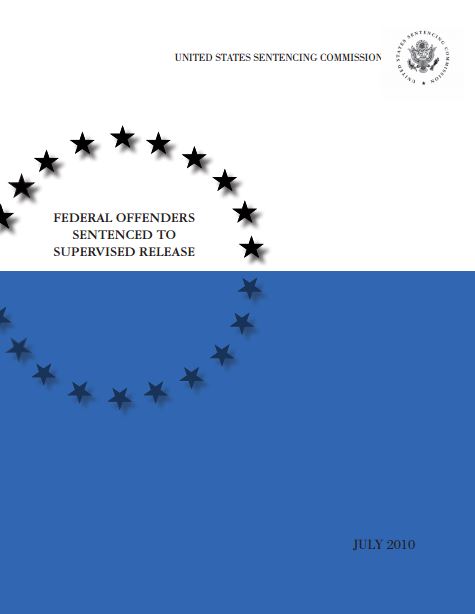Summary

This report will also analyze available data concerning the widespread imposition of supervised release by federal courts, even in cases in which a statute does not require it. A statute requires imposition of a term of supervised release in less than half of federal cases subject to the sentencing guidelines (July 2010)
Key Findings
A review of cases in which supervised release was imposed reveals the following key data findings:
- From 2005 through 2009, sentencing courts imposed supervised release terms in 99.1 percent of such federal cases where supervised release was not statutorily required and such terms averaged 35 months. The overwhelming majority of federal offenders sentenced to prison who did not receive terms of supervised release were non-citizens subject to deportation.
- The data also show that courts imposed supervised release at very high rates regardless of both the offense type (with a few exceptions) and an offender’s criminal history. Over 95 percent of offenders in each of the sentencing guidelines’ Criminal History Categories (CHCs) I through VI who were sentenced to prison received terms of supervised release.
- Offenders in each of the CHCs except CHC VI received an average term of 41 months of supervised release, while offenders in CHC VI received an average term of 48 months.
- The data on offenders’ violations of the conditions of the supervised release show that two-thirds of federal offenders successfully completed their terms of supervision (17.9% of whom were terminated early by sentencing courts based on their compliance with the conditions of supervision), while one-third had their terms revoked and were sent back to prison.
- Those defendants whose terms were revoked were sentenced, on average, to a new prison term of 11 months.
- Offenders who had little or no criminal history at the time of their original sentencing committed violations at significantly lower rates than offenders who were in higher criminal history categories at the time of their original sentencing. Of the major offense types, drug offenders on average had lower rates of revocation than firearms and immigration offenders.
